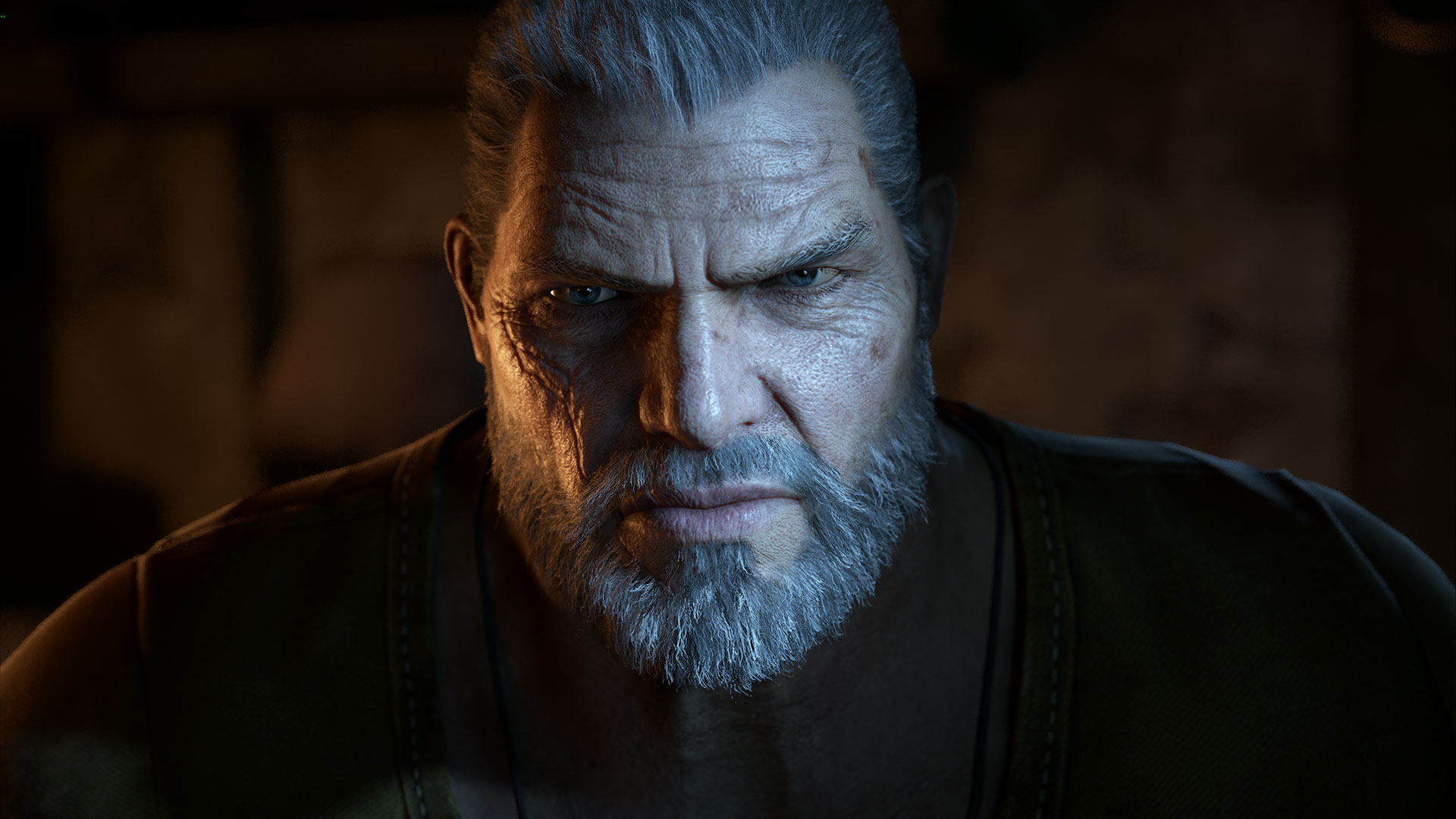In the age of viral marketing, it’s not uncommon for major beats of a movie, TV show or game to get spoiled during promotion. Whether the trailers are edited by someone unfamiliar with the project, or that a publisher would rather squander a major reveal to squeeze out some additional buzz, the fans who would rather experience their entertainment in its purest form often get unavoidably screwed.
And while yes, I’m sure there’s some statistical evidence out there that blowing big reveals before a release date does equate to better sales, other times I think it can have a serious negative effect.
A recent example I wanted to look at of how this could potentially go wrong is the campaign footage of Gears of War 4 that Xbox dropped this weekend. While not a trailer in the strictest sense, it ruins a major moment in a game that already seems to have a deflated sense of hype. (Minor spoilers for Gears 4 ahead)
So after watching that footage, you now know that Marcus Fenix is returning to the battlefield. Prior to this gameplay, we had no idea what kind of relationship Marcus and JD had, whether or not Marcus might be some kind of villain, or how he would interact with a son who abandoned the COG he helped establish. Now, that moment in the story where Marcus suits up in his old armor, puts on his trademark bandanna, and says some kind of gruff one-liner is completely ruined.
And so okay, apart from just spoiling a major event in the story for fans of the original Gears trilogy, what harm does this cause? Well, I think this has the potential to be detrimental to Gears 4 in the long run, as it’s a game with big hype problem. Reboots need to hit the ground running, and if Gears 4 comes out feeling as lackluster as it does now, you can bet it’ll fall way below financial expectations at launch and beyond.
To elaborate on what I mean by a “hype problem”, Gears 4‘s campaign is at a natural narrative disadvantage. It’s a sequel to a series of games that ended very completely, and so the writers have to fabricate new characters and plot devices in a universe where the main story has already run its course (similar to games like Halo 4, or movies like The Force Awakens). In situations like these, although the new characters should stand on their own, you need some ties to the old entries in order to win the audience over and make what’s happening feel organic. Moments of surprise like seeing whatever happened to the old members of Delta are the kinds of things that keep returning fans invested in a story that they won’t initially care about, and can make the campaign exciting and memorable. The scene where Marcus suits up again just like old times could have been the perfect thread to tie both the old and new Gears trilogies together. But now that surprise will never happen.
And for what? This reveal isn’t going to convince those unfamiliar with Gears to buy the game, because they don’t care who Marcus is. The type of people who have deep ties the Gears franchise that might be affected by this probably already planned on getting it, so what did this really accomplish? Nothing, besides making the big Gears fans even less excited.
From what I’ve played of the multiplayer beta, Gears 4 really feels like more of the same, and that’s the serious problem with the game right now. There’s this sort of apathy hanging over it, and since most people already got their hands on the multiplayer, the campaign was one of the only things that had a decent amount of mystery surrounding it. Now, I’m wondering what’s gonna be left of the game by October. The Gears community is very passionate, and if a new Gears game isn’t getting them excited, there’s a major malfunction somewhere.
Although I’m talking specifically about Gears 4 here, the problem of promotional spoilers is rampant across all media. We live in an internet climate where every single character in every super hero movie is forecast months ahead of time, and what you ultimately end up with is a predictable, forgettable film. Fortunately for the movie industry, films are one-and-done experiences that don’t necessarily rely on people coming back over and over.
However, apply this effect to AAA video games whose financial plans depend on returning players to purchase DLC and microtransactions, and “hype” needs to be a serious factor publishers consider when choosing what to reveal in trailers. Hopefully, for the sake of recurring sales and for those of us who care about experiencing what we love untainted, Hollywood and the video game industry will learn to be selective when it comes to cutting trailers. Or they might feel it where it hurts.
